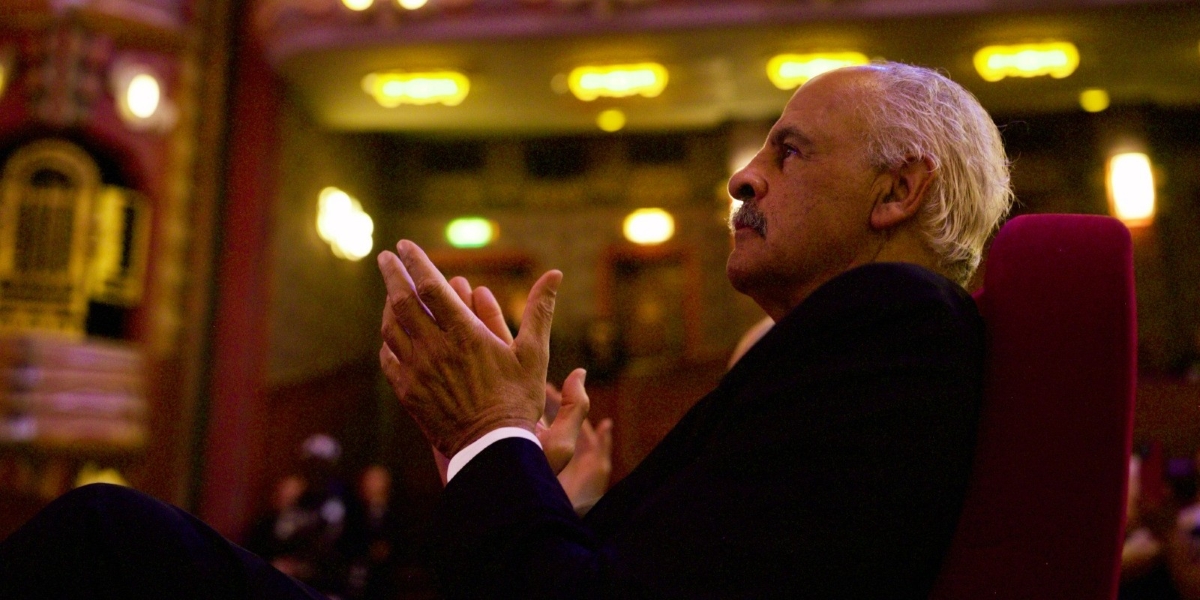Over the last several years, the global film industry has seen a growing trend toward increased representation. From a greater diversity in casting to a louder voice for international artists behind the camera, the demand for inclusion is gradually reshaping mainstream media. While these shifts are happening, some still believe that modern award platforms often fall short of embracing international perspectives beyond traditional Western markets. While Hollywood continues to play a dominant role, there are emerging cultural movements making inroads across Europe and globally. One of these movements, from the heart of Amsterdam, seeks to expand the conversation—not merely about who tells the stories but how those stories are recognized and celebrated.
Founded by Jan-Willem Breure, the Septimius Awards, which began in the Netherlands, is one such project that seeks to redefine how cinematic greats are recognized. Established to amplify diverse voices and advance international talent, the festival carries both symbolic and practical significance. The name “Septimius” comes from Septimius Severus, the African-born Roman emperor who ruled between 193 and 211 AD. In referencing his legacy, the organization hopes to signify a break between African heritage and European cultural discourse, announcing its mission to bring international traditions together within the world of film. The awards were first launched in Amsterdam in June 2022 as a two-day event consisting of a panel discussion and ceremony, attracting attendees and invitees from several countries.
Jan-Willem Breure, a Dutch filmmaker and entrepreneur, is the founder of the Septimius Awards. Breure envisioned a platform where marginalized artists would be granted international attention. While a few powerful entities often dominate the global entertainment sector, Breure hopes to make an impact by offering something different—an awards model based on inclusivity, diversity, and free entry to emerging talents.
The awards feature a broad system of categories designed to suit the global nature of contemporary cinema. Compared to more traditional structures, where English-language films typically dominate, the Septimius Awards provide spaces reserved for films from any part of the world, in any language and genre. This structure reflects the philosophy that great storytelling exists in many forms, and awards should aim to reflect a truer picture of who is currently doing noteworthy work. Finalists are selected from a worldwide pool, not only for narrative or cinematographic strength but also for their cultural relevance and boldness.
Apart from its unique architecture, the Septimius Awards have also attracted high-profile public figures and sponsors who lend credibility and visibility. The recognized ambassadors are Stedman Graham, an American author, educator, and longtime partner of Oprah Winfrey. Graham, whose work has centered on leadership and identity, has served as an ambassador of the Septimius Awards, attending the event and helping spread its influence globally. His involvement adds an American cultural perspective and shows the platform’s commitment to bridging continents.
Another prominent figure within the awards’ circle is Glenn Roggeman, a Belgian movie producer who has made a significant impact during his tenure as CEO of AED Group and AED Studios. Roggeman ranks among the influential personalities in the Belgian entertainment industry. His role as an ambassador for the Septimius Awards highlights a commitment to the European film world and emphasizes the platform’s potential for expanding its reach and institutional support across the continent. Roggeman’s participation reinforces the fact that the venture is not only supported by cultural icons but also by industry leaders who believe in its long-term value.
International recognition and legitimacy were further solidified when Academy Award-winning actor Cuba Gooding Jr. attended the event in Amsterdam. Gooding Jr., known for his role in Jerry Maguire, added significant international attention to the awards and encouraged the celebration of greater diversity in talent. The guest list included Oscar, Emmy, and BAFTA winners, as well as emerging talent from Africa, Asia, Latin America, and Eastern Europe, which aligns with the Septimius Awards’ belief that storytelling is a universal endeavor, transcending regional and cultural boundaries.
Held at a historic theater in downtown Amsterdam, the awards have seen steady increases in attendance and media coverage. The event includes discussions on various topics, screenings, and opportunities, all aimed at fostering cooperation between filmmakers, distributors, and producers. The venue combines traditional European architecture with contemporary production capabilities, symbolizing the connection between legacy and possibility.
As the platform grows, it appears to be evolving into something more significant than just a local phenomenon. Its base in Amsterdam provides exposure to European markets, while its diverse roster of attendees and global submissions positions it for broader international recognition. With key figures like Graham and Roggeman helping to develop the event, and famous visitors like Gooding Jr. adding to its prestige, the Septimius Awards seem poised to become a compelling alternative to more entrenched film awards.
The purpose of the organization remains the same: to amplify global voices, bring underserved stories to light, and provide a platform where creative talent from all walks of life can thrive. Whether the Septimius Awards will one day rival more established institutions remains to be seen. But by grounding itself in cultural heritage, promoting global inclusion, and fostering dialogue rather than competition, the event presents a potential model for a new kind of film award.









